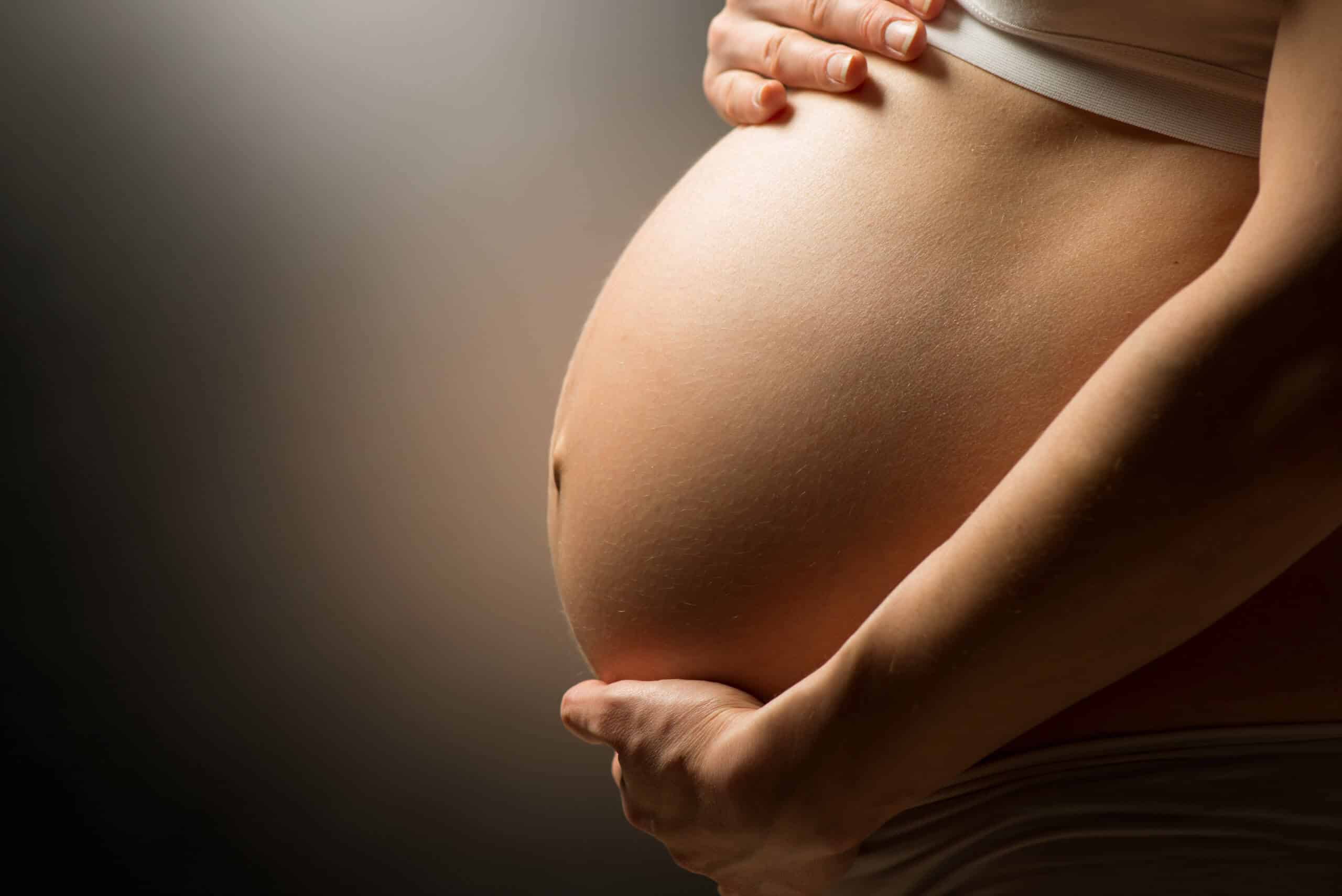Continued use of drugs and alcohol while pregnant puts your unborn baby at serious, potentially life-threatening risk. Congenital disabilities, miscarriage, and stillbirth are all possibilities if your addiction continues untreated throughout your pregnancy. Detoxing is the safest way to ensure the health of your baby so that when the time comes, you are both in the best condition possible to grow and thrive.
High-risk situations, such as being pregnant and also experiencing a substance abuse problem simultaneously, typically require the help of medical professionals in a medical detox progrom. While under the supervision of a medical professional, you and your baby can receive the utmost quality of care while going through this process.
If you feel like you are alone in your struggle, know that you are not. Addiction to drugs and alcohol affects over five percent of all pregnant women. It’s completely understandable, too, that you are nervous to bring up the topic with anyone outside of yourself for fear of what might happen to you or the baby. But, the consequences associated with continuing to use while pregnant are far more overwhelming and severe. Therefore, the first step is to speak with a doctor about the safest treatment for both you and your baby.
Detoxing from Opiates While Pregnant
The thought of going through detox while pregnant is certainly not appealing. Not only is your body changing every single day, but now you are about to add another layer to that transformation. You might also be wondering about detoxing from opiates while pregnant and how the process even occurs. Today, detoxing while pregnant is a common practice and actually highly encouraged by medical professionals. The sooner you stop drinking or using drugs, the better the chances become for your unborn child. That is because the opioid epidemic has medical professionals rethinking what was once considered more conventional. It was previously believed that detoxing from opiates was too risky for pregnant women and could potentially affect the baby. However, pregnant women now have some options when it comes to detoxing while pregnant:
- If you are addicted to opioids like heroin, fentanyl, or oxycodone, methadone is a safe, FDA-approved choice to include in your detox. In this case, the benefits of taking methadone while pregnant outweigh the risks of you continuing to abusing drugs or alcohol. Methadone is opioid-based, but it does not contain as much opioid as other prescription opioids do. Therefore, when it is taken as prescribed, it does not produce mind altering or negative physical effects to you or your baby. However, being aware of methadone’s association with neonatal abstinence syndrome (NAS) is important. NAS is a set of symptoms a newborn baby is born with that reflect their dependence on drugs or alcohol. Your baby can easily become dependent on opioids in the womb and experience withdrawal once born. If this is the case, your baby may likely spend time in the NICU after being born so that neonatal nurses can properly treat them.
- Buprenorphine is similar to methadone in that it also helps treat opioid dependence. It, like methadone, is also opioid-based, however is not as potent as methadone. Buprenorphine has been named the “gold standard of opioid treatment” because of how effective and safe it is when taken as prescribed. It possesses less risk for dependence and is effective in minimizing the withdrawal symptoms you develop while detoxing. Unlike methadone, doctors can prescribe buprenorphine for use at home so you do not need to go to the facility daily to get your dose.
- If you are participating in detox where you are going to continue on with treatment, you have likely already worked with the staff at the treatment center to develop a medication-assisted treatment program (MAT). This means that not only will you be receiving the care you need to safely detox from drugs or alcohol, but you will also be participating in therapy to address the mental and emotional elements that have contributed to your substance abuse.
Detoxing From Specific Drugs
Different drugs produce different withdrawal symptoms when you stop using them. Some drugs such as heroin create severe physical withdrawal that includes headaches, body aches, nausea, vomiting, and diarrhea. Others, such as methamphetamines can cause extreme psychological cravings and depression. Alcohol and benzodiazepine withdrawal can result in death without doctor supervision, as detoxing from either of these substances can trigger the onset of increased heart rate, seizure, and high body temperature. Due to these concerns, it is necessary that you do not stop “cold turkey.” Getting professional help, especially while pregnant, is imperative.
Aside from your specific drug of choice, other factors can affect how your withdrawal process goes. These factors can include your method of use (such as smoking, snorting, or injecting), length of use, your physical health, your psychological wellbeing, and environmental factors, to name a few. In general, the more severe the substance abuse or addiction, the more severe the detox can be. Having adequately trained professionals monitor your withdrawal from drugs or alcohol is ideal, as they can step in to provide care that can settle symptoms that are upsetting you or putting you and your baby at risk.
Detoxing While Pregnant in Florida
Detoxing from drugs while pregnant is essential for your health and the health of your baby. You do not want to wait until your baby is born before asking for help. If you are ready to start your journey towards recovery, please feel free to contact us 24 hours a day at 844-903-2111










